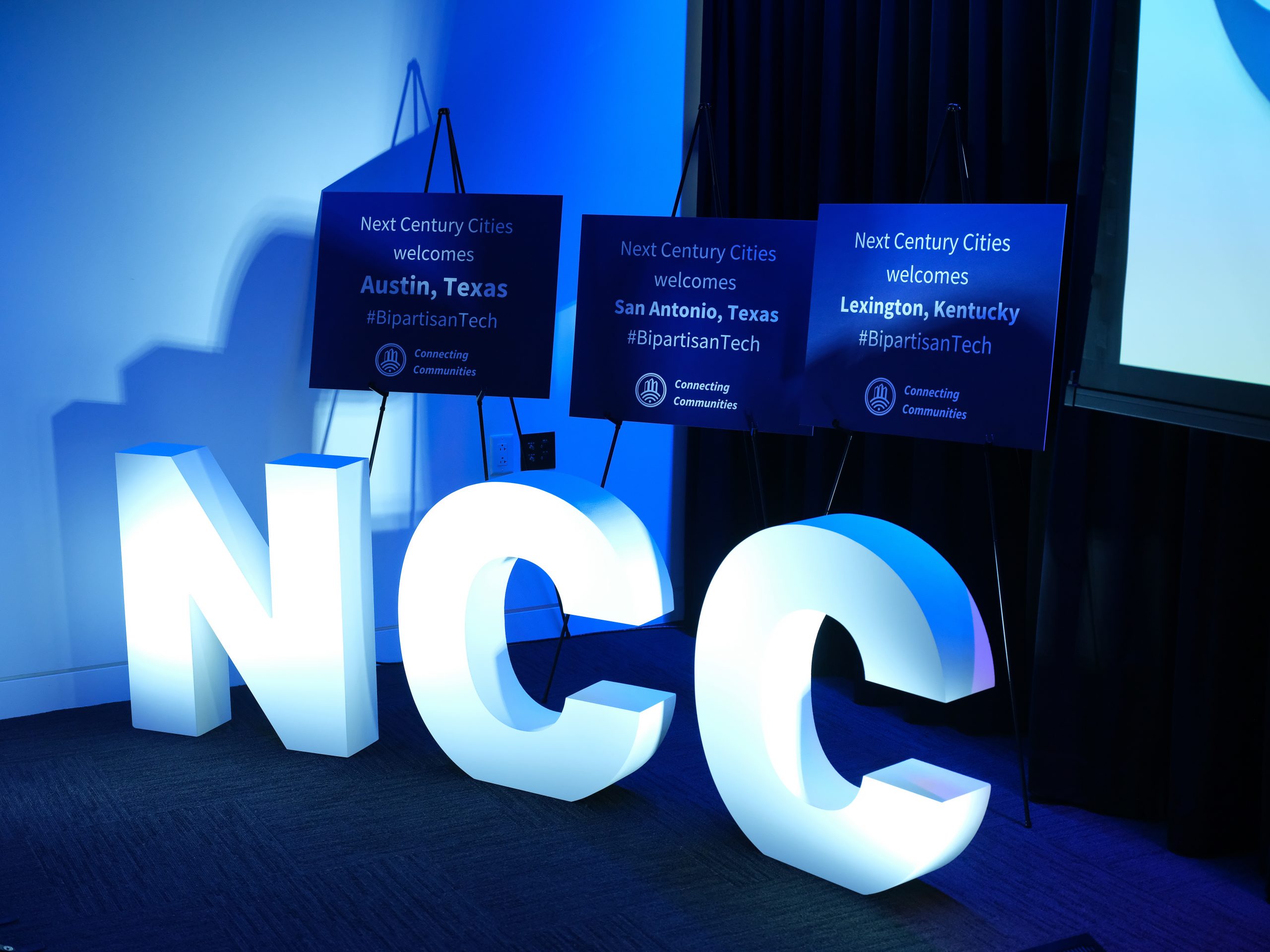By Stacey Baxter
In December of 2021, the Federal Communications Commission launched the Affordable Connectivity Program (ACP), a continuation of the Emergency Broadband Benefit. This federal program provides a discount to American families looking to obtain or maintain broadband access, despite high service costs. Since its conception, over 23 million families have utilized this program that provides a $30 discount on monthly service ($75 discount for residents living on Tribal lands), and a one-time discount on a digital device. Unfortunately, despite the millions of Americans depending on this program, federal funding for the ACP is set to run out by the end of April 2024, leaving families to make difficult decisions about what household necessities fit into their monthly budget, without this vital support.
As part of the Infrastructure Investment and Jobs Act, Congress appropriated $14.2 Billion to fund the ACP in 2021. Since that point, no additional funding has been allocated to the program, and in the face of looming financial endroads, the FCC announced that they were closing the application process for the ACP on February 8, 2024. This meant that no new households were able to enroll in the program, but that existing enrollees were able to continue to receive the subsidy until funding ran out completely. The most recent reports indicate that the program is set to expire at the end of April, leaving over 23 million families without this subsidy and having to make tough decisions surrounding whether or not they can maintain access to reliable broadband service, a necessity as it relates to education, workforce development, healthcare, and much more.
In alignment with the eligibility requirements for the ACP, a majority of the households utilizing this program are lower income households, specifically those who qualify for federal assistance programs and/or have an income at or below 200% of the federal poverty guidelines. Meaning, that with the closing of the ACP, lower income households will be disproportionately affected by the wind down and left on the wrong side of the digital divide, once again.
In January of this year, the FCC made a ruling that provided a definition for the term “digital discrimination”. They ruled that digital discrimination encompasses “policies or practices, not justified by genuine issues of technical or economic feasibility, that differentially impact consumers’ access to broadband internet access service based on their income level, race, ethnicity, color, religion or national origin, or are intended to have such differential impact.” Although this definition was a long time coming and does provide a basis for which Internet Service Providers must align with, it is concerning that this definition from the FCC seems to contradict with the actions of Congress to not refund the Affordable Connectivity Program. Based on the eligibility criteria alone, it could be concluded that those who are in need of this program are mostly those from lower-income households, and yet the very definition of digital discrimination includes the inability to deny service based on an individual’s income level, the first defining element listed in the definition.
It could be argued that the end of the ACP is protected by this definition of digital discrimination, as a lack of federal funding could be seen as a “genuine issue of technical or economic feasibility”, however there is strong bipartisan support for an extension to the program, with funds available from the federal government that could be used to extend this important program. Legislators from across the aisle have come together to introduce solutions that could extend the program and keep Americans connected to the Internet, particularly those who are most vulnerable such as low-income families.
Without reliable broadband access, children, small businesses, young adults entering the workforce, aging populations and many other groups are in jeopardy of losing vital connections that provide necessary support, resources, and continuations to growing our economy. School-aged children require home internet access to flourish at school; small business owners utilize the Internet to be able to compete in the virtual marketplace; young adults need access to online job boards and resources that help build resumes and networking opportunities; aging adults need to connect with loved ones and attend virtual healthcare appointments. Ensuring that households across the country do not lose these vital components of life must be a top priority. The FCC established important guidelines for digital discrimination to ensure that vulnerable populations are not left on the wrong side of the digital divide. The same is true for ensuring continued funding for the Affordable Connectivity Program.
Read more about the ACP wind down and how it will affect your community here.

